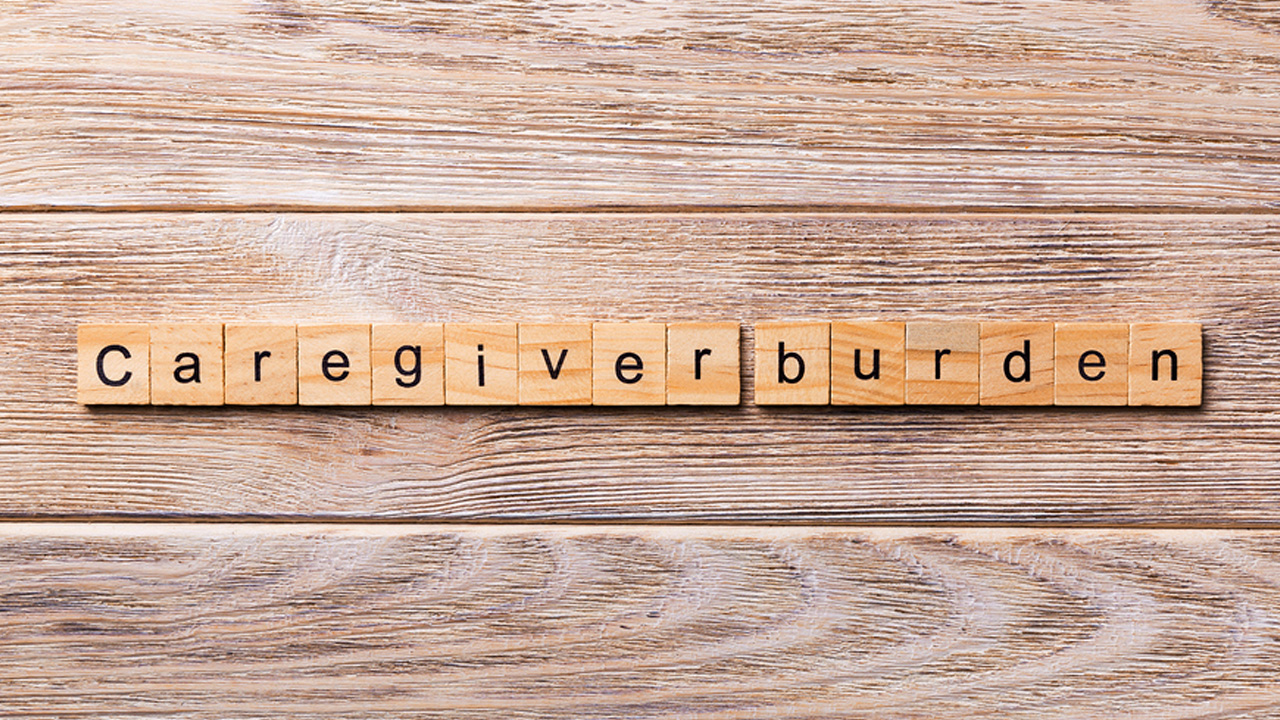Caregiver Burden Scale: How to Screen for Caregiver Burden

Dear Allegra:
As the director of a local senior center, I have the privilege of getting to know many of our members well. Some have participated in programs and activities at the center for many years. Our members are a mix of single older adults and long-married couples.
A situation we witness quite frequently among the couples who are members happens when one spouse experiences a significant change in health. Their partner often becomes the primary caregiver. They handle everything from household chores to transportation to and from physician appointments.
Oftentimes, the spouse who provides the care looks in as bad a shape—or even worse—than the partner who is ill. Our team has been trying to find ways to encourage caregivers to objectively screen themselves for burnout.
We don’t think the caregiving partner realizes just how much of a toll their care responsibilities are taking on their mental and physical well-being. It is a difficult thing to witness and even more challenging to figure out how to help them.
Do you know how to effectively screen for caregiver burden or a tool we could utilize? We thought a caregiver burden scale or a burden of care questionnaire that members self-administer would be best. The results might help us convince some of the older adults we serve that it may be time to enlist the services of a home care agency.
Any advice or recommendations you could offer would be much appreciated!
Kindly,
Stephen
Screening for Caregiver Burden
Dear Stephen:
What a great observation! I’m sure the relationships you and your team build with members allow you to spot changes that might otherwise be overlooked.
You are correct in assuming caregivers don’t always recognize the toll caring for a loved one is taking on their health. Because caregivers are often so focused on their partner’s needs, they fail to take care of themselves. It is all too common for a caregiver to experience a health crisis of their own.
Zarit Burden Interview
One tool the American Psychological Association recommends is called the Zarit Burden Scale. This highly regarded caregiver burden inventory questionnaire screens for 22 items. They range from depression to the family’s understanding of the older adult’s disease. The Zarit caregiver burden scale scoring system uses a five point scale. Responses can range from zero (which means never) to four (which means nearly always).
A screening tool of this type can help identify challenges in a way that is less personal and threatening to the caregiver and the care recipient. This may make it easier for the caregiving partner to accept a modest amount of home care support now, while opening the door to increasing it as their partner’s health declines.
Additional Resources
Another resource you and your team might find helpful is A Guide to Taking Care of Yourself. Created by the Family Caregiver Alliance, it can help caregivers recognize the importance of self-care.
If we can be of assistance in helping you or your family members learn more about in-home care services, please let us know!
Kind regards,
Allegra
Subscribe
Date: January 20, 2019

